您的购物车目前是空的!
11 Telling Signs Your Case May Be Dismissed (With or Without Prejudice)
Having a court case can be one of the most stressful times in anyone’s life. Wouldn’t it be a relief if your case were simply dismissed? If you’re the defendant in a civil or criminal case, your answer to that question is likely “yes.” Continue reading to learn about some common signs that your case might be dismissed and what to expect afterward—including whether the case can be refiled.
Signs a Criminal Case May Be Dropped
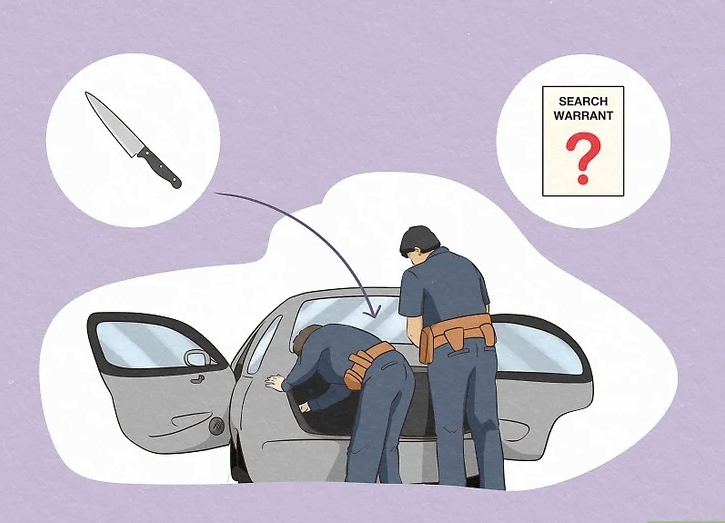
1. There is little to no evidence.
In criminal cases, the prosecutor must prove the defendant’s guilt beyond a reasonable doubt. If there is insufficient evidence, the prosecutor is likely to drop the case. 1
This also applies to evidence with constitutional issues. For instance, if the police gathered evidence through an illegal search, it cannot be used against you. If that’s the only evidence available, the prosecutor is likely to dismiss the case.
🔹 Insufficient Evidence or Constitutional Violations
Learn more about what constitutes legally acceptable evidence on the American Bar Association’s website.

2. There is exonerating evidence.
If new evidence comes to light that could reasonably cause doubt about your guilt, such as DNA evidence that doesn’t match yours, the prosecutor may drop the case. 2
In these situations, if the evidence clears your name, you should speak with the prosecutor to ensure that the charges are dropped and that nothing harmful appears on your record.
🔹 How Exonerating Evidence Affects Cases
For more on how exonerating evidence impacts criminal cases, visit The Innocence Project.
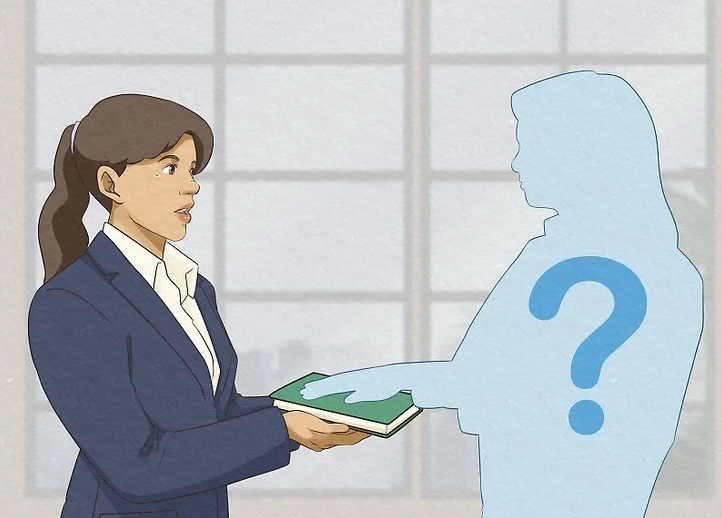
3. No witnesses will come forward.
In cases that rely on witness testimony, if no one can provide evidence of the incident, the prosecutor is likely to drop the charges. This is particularly common if the case comes down to one person’s word against another’s. 3
However, even if the victim doesn’t come forward, the state may still pursue the case.
🔹 Witnesses and Their Role in Criminal Cases
For insights on the role of witnesses, visit Witnesses and the Criminal Justice System.

4. Officers on the scene made mistakes.
If law enforcement officers violate your constitutional rights during an arrest or questioning, it can result in the dismissal of the case. 4
In some cases, the prosecutor may choose to drop the charges if there are concerns about improper conduct or constitutional violations.
🔹 Impact of Officer Misconduct
Learn more about police misconduct and constitutional rights on ACLU’s Police Misconduct page.
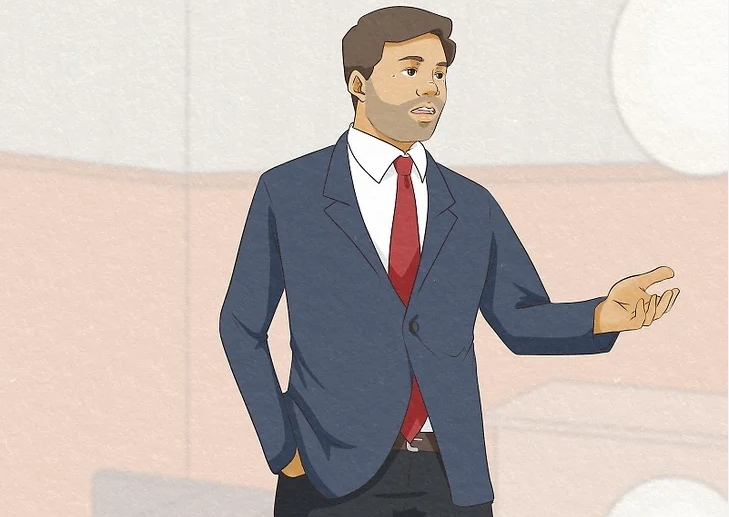
5. The prosecutors made mistakes.
If the prosecutor or any member of the prosecutorial team makes an error that violates your constitutional rights, the case could be dismissed. 5
This can happen before the judge finds out about the violation, and the prosecutor may drop the case voluntarily.
🔹 Prosecutorial Misconduct and Legal Consequences
For more on prosecutorial misconduct, visit The National District Attorneys Association.

6. Other circumstances make your case difficult to prosecute.
Prosecutors have broad discretion in deciding which cases to pursue. They don’t always have to justify their decision, and they may drop charges for reasons that make sense to the office. 6
For example, in politically sensitive cases, like marijuana offenses in states where cannabis use is illegal, prosecutors may decide not to pursue charges. Victims can also request a dismissal, and although the prosecution and judge aren’t obligated to comply, they often do.
🔹 Discretion and Political Sensitivity in Prosecutions
For more on prosecutorial discretion, visit the National District Attorneys Association.
References
Would you like to refine any details or add more information?
Footnotes
- Source: American Bar Association ↩
- Source: The Innocence Project ↩
- Source: Nolo – Witnesses ↩
- Source: ACLU – Police Misconduct ↩
- Source: National District Attorneys Association ↩
- Source: National District Attorneys Association ↩
Do I have a civil case or a criminal case?

In a civil case, a private party sues you, while in a criminal case, the government brings charges against you.
A civil case typically involves a dispute between two individuals, between a person and a company, or between two companies, and is decided by a judge (and sometimes a jury). In contrast, criminal cases are handled by government prosecutors who represent the state or federal government. 1
If you’re found guilty in a criminal case, you could face jail time, fines, or restitution. Fines and restitution differ from the damages you might be ordered to pay in a civil case. Damages in a civil case are meant to compensate the person who sued you, making them “whole” again.
In civil court, the standard of proof is lower: the plaintiff only needs to prove their case is more likely than not. In a criminal case, however, prosecutors must prove the defendant’s guilt beyond a reasonable doubt. 2
References
Let me know if you’d like further revisions!
Footnotes
- Source: Cornell Law School – Civil vs. Criminal Cases ↩
- Source: American Bar Association – Criminal vs. Civil Cases ↩
Can a dismissed case ever be refiled?

1. No, if it was dismissed with prejudice.
When a case is dismissed “with prejudice,” it means the prosecution or plaintiff cannot refile the case. This typically happens in situations where the issue with the case cannot be fixed. 1
For example, if your case is dismissed because law enforcement violated your constitutional rights during the arrest, the case is dismissed with prejudice. Since that issue can’t be corrected, the case cannot be brought back to court.
🔹 Understanding “With Prejudice” Dismissals
Learn more about “with prejudice” dismissals on Nolo’s Legal Dictionary.
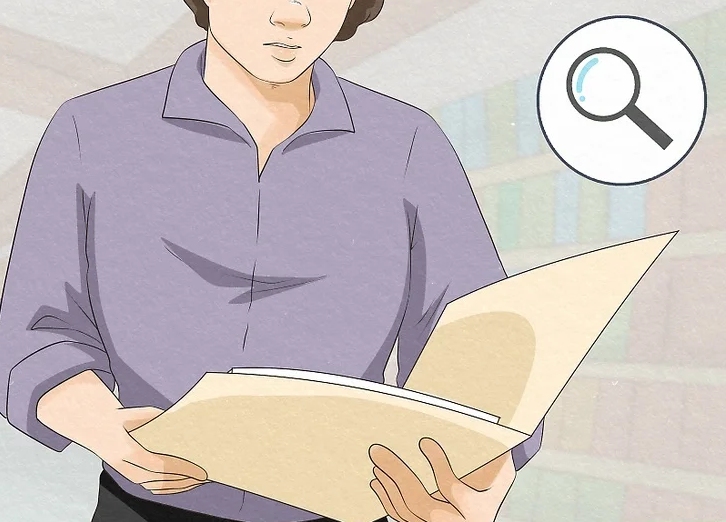
2. Yes, if it was dismissed without prejudice.
If a case is dismissed “without prejudice,” it typically means the case is not over but postponed until the other party can correct the issue that led to the dismissal. While it doesn’t completely remove the case from your life, it does give you more time. In a civil case, it also forces your opponent to spend money re-filing the case. 2
For example, if the case was dismissed due to lack of personal jurisdiction, the judge will usually dismiss it without prejudice, allowing the plaintiff to refile in the correct court. Similarly, if you weren’t properly served, the judge may order the other party to refile after fixing the service issue.
🔹 “Without Prejudice” Dismissals in Criminal Cases
Criminal cases that are dismissed for lack of evidence are often dismissed without prejudice, allowing the prosecutor to refile the case if new evidence surfaces, as long as the statute of limitations hasn’t passed.
Learn more about “without prejudice” dismissals on FindLaw’s article.
References
Would you like further clarifications or additional details on any of these topics?
Footnotes
- Source: Nolo – With Prejudice Dismissals ↩
- Source: FindLaw – Dismissals Without Prejudice ↩
Will a dismissed criminal case stay on my record?
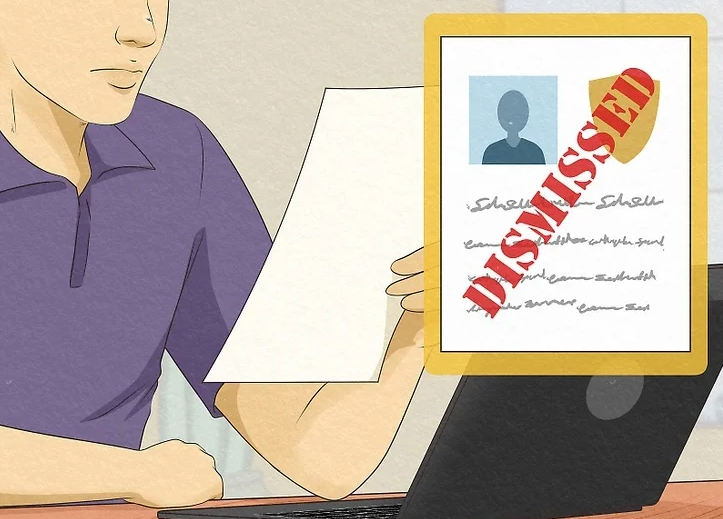
Your record might still show the charges or the arrest, depending on state laws.
A dismissal is different from being found not guilty. If your case was dismissed without prejudice, meaning it could potentially be reopened, it will likely remain on your record. Even if it was dismissed with prejudice, the charge may still appear on your criminal record, depending on your state’s laws. 1
Having a dismissed case on your record isn’t necessarily negative, as it indicates the prosecution was unable to convict you. However, anyone conducting a background check may still inquire about it.
In some cases, the arrest itself might appear on your record, which could be more damaging. In such instances, you might have the option to expunge or seal your record, depending on the laws in your state.
It’s important to note that if a prosecutor decides not to prosecute your criminal case, this differs from a case dismissal. In this situation, there typically wouldn’t be anything on your record, except possibly the arrest itself, if applicable.
References
Let me know if you’d like further modifications or additional resources!